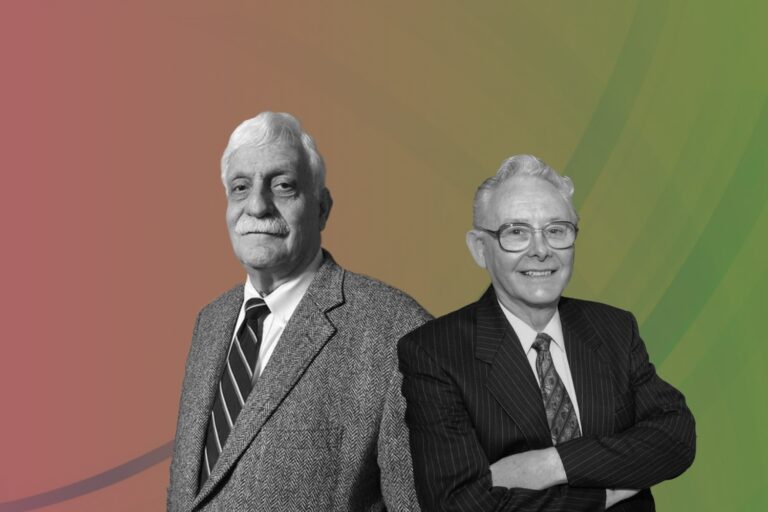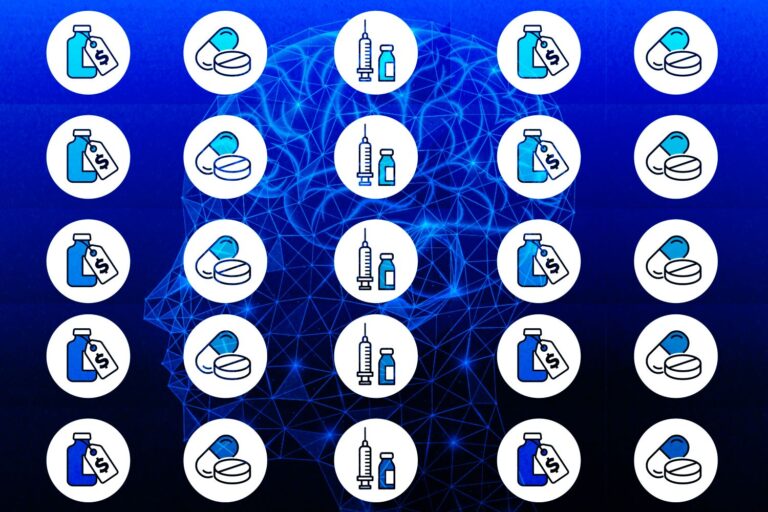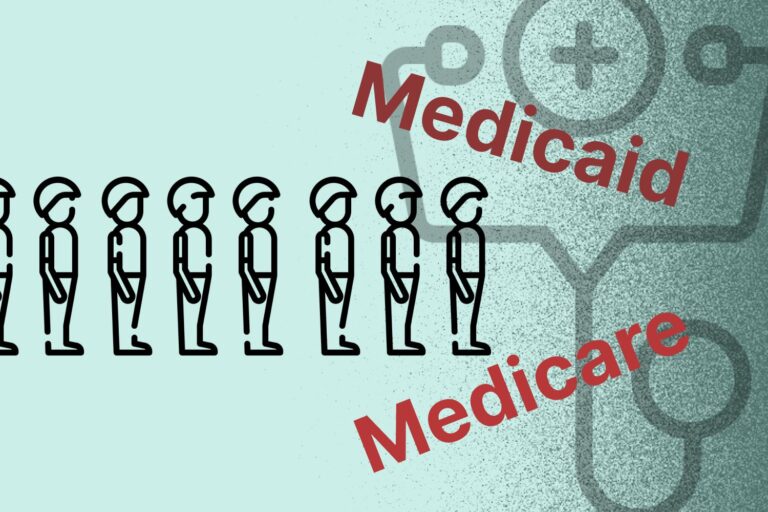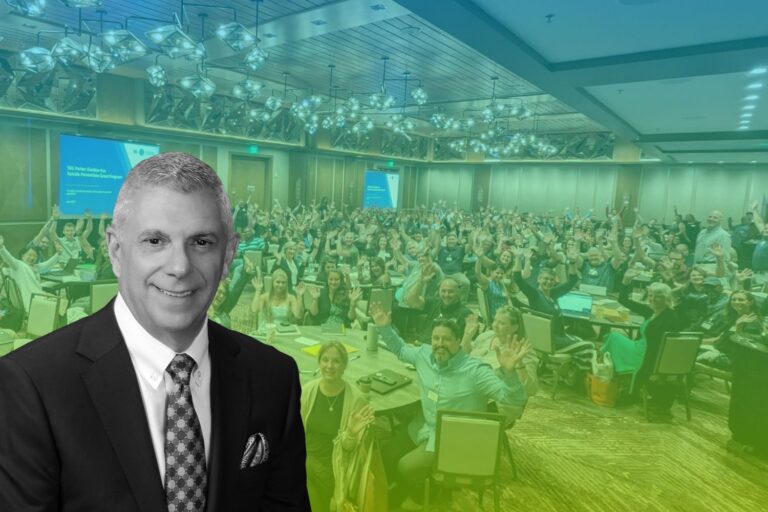Empathy to Empower “GPS for the Recently Bereaved”
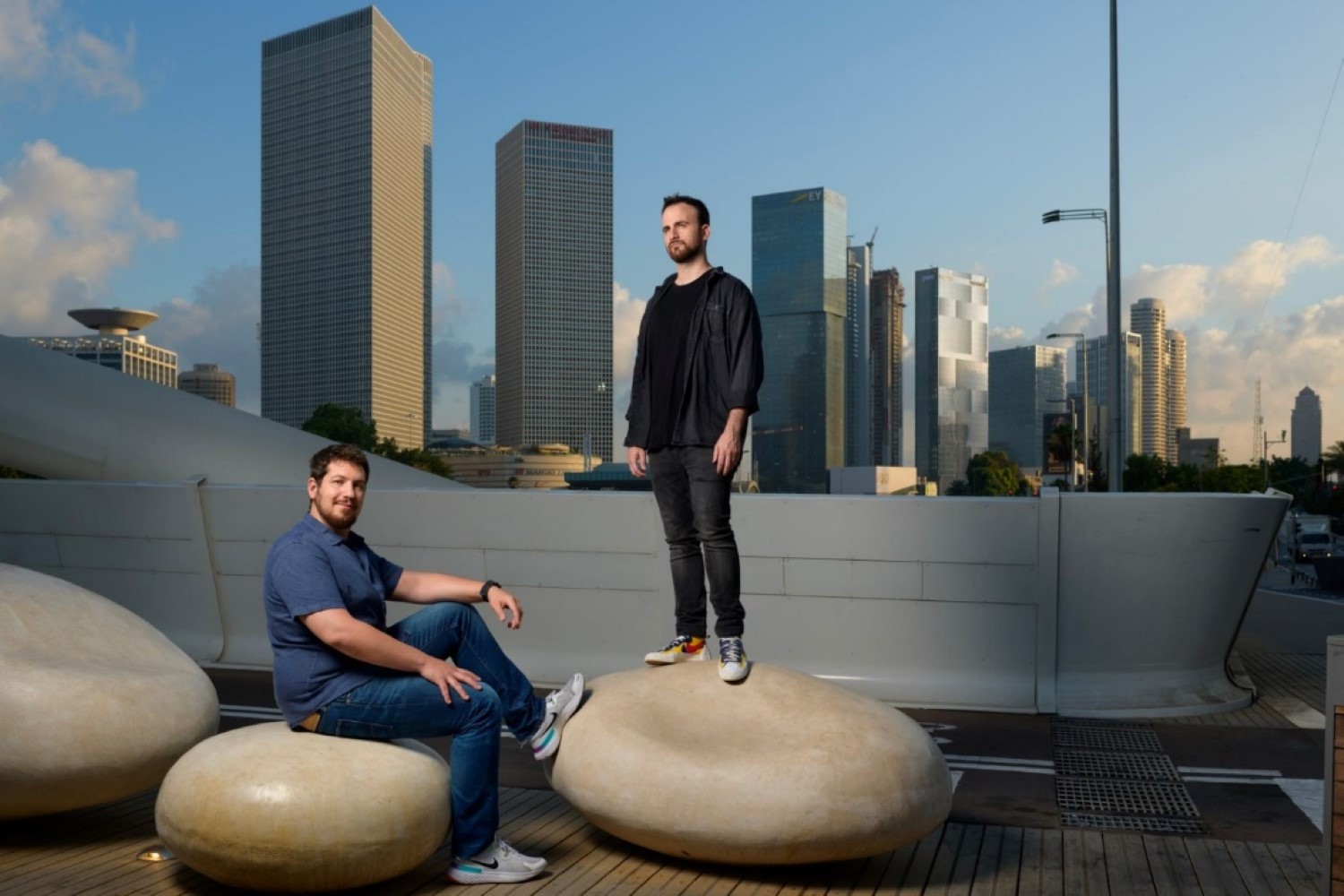
Although death is one of life’s most certain events, it can also be one of the most challenging and complex, with emotional, religious, financial, and organizational difficulties for families to navigate.
Empathy, an Israeli startup co-founded by Ron Gura and Yonatan Bergman, has emerged from stealth mode with a mission to tackle the complex and often challenging organizational and financial issues that follow a loved one’s death.
The startup has created a platform that aims to empower families to organize their affairs in the aftermath of a death, allowing them to better attend to their own emotional and mental well-being. With $13 million in funding co-led by VCs General Catalyst and Aleph, Empathy is launching first in the US market, offering a “GPS for the recently bereaved.”
Empathy was recognized for its achievements in the tech industry, being chosen as one of Google’s Best Android Apps of 2021. Let’s take a closer look at this innovative and impactful approach to end-of-life planning and bereavement support.
From Israel to the Heart of New York City: Bring Heartfelt Support to Those Grieving the Loss of a Loved One
Ron Gura and Yonatan Bergman are the co-founders of Empathy, sharing a passion for creating human-centered digital products that make a positive impact on people’s lives.
Before founding Empathy, Gura worked as a product manager at such high-profile companies as Amazon and Google, where he gained experience in creating user-centered products at scale. He also founded The Gifts Project, a social gifting platform that was acquired by eBay in 2011. In addition to his work at Empathy, Gura is also an angel investor and advisor to startups.
Bergman, on the other hand, has a background in design and technology, and has worked as a user experience designer at companies like Wix and Zerto. He also founded several startups, including an e-commerce platform called Wigix and a music recommendation app called iHeartRadio. Bergman brings a wealth of experience in design and entrepreneurship to Empathy, and has been instrumental in shaping the company’s human-centered design philosophy.
Together, Gura and Bergman have a shared vision for creating digital products that are empathetic, intuitive, and accessible to everyone. They founded Empathy with the mission of helping families navigate the difficult journey of losing a loved one, and have since expanded the company’s focus to include a broader range of digital products and services that are designed to make a positive impact on people’s lives.
“I started to think about mortality in a more in-depth way when I lost my brother at a very young age. And I looked at my mom quite often and it was easy to see something had changed,” Gura said, “One of the many reasons we’re building Empathy today is for other moms, and other family members and other loved ones, who are bereaved. Clearly, hundreds of millions of people, in any given moment, is dealing at some level with loss. And we feel like we can save them time, we can save them money, and we can save them some of the headaches.”

“I think end of life is the single-largest consumer sector that is still untouched by innovation and completely unspoiled by software. At the same time, it’s one of life’s most challenging moments. So how come we’re not using the same workflows we use for task management? Tax calculation? Live on-demand cost-effective on support? All the things we use technology for day in and day out? How come we’re skipping this meaningful life event that is really much bigger than most days and weeks in our lives?” he asked.
Empathy’s platform is designed to provide families with a comprehensive solution to the complex challenges they face after losing a loved one. The company’s app offers an easy-to-use and intuitive interface that combines technology solutions with support from real people, or care managers. These care managers are available to guide families through a range of challenges, from estate settlements to dealing with grief.
The app is centered around simple and clear “to-do” and “how-to” lists organized by time, which aim to help relieve some of the mental struggles that families face in the aftermath of a loved one’s passing. By providing a clear and organized system for managing tasks, Empathy’s platform aims to reduce stress and anxiety for families during this difficult time.
In addition to the app’s practical tools, Empathy also offers a one-on-one support system that connects families with dedicated care managers who can provide personalized guidance and support. These care managers are trained to understand the unique challenges that families face during the grieving process, and to provide compassionate and empathetic support.
“Our tools can write an obituary on the spot, they can deactivate your accounts, if you don’t need them. They can add layers of identity theft prevention, update the credit bureaus, and additional areas of support. Unfortunately, 30 percent of identity theft in the US is for deceased individuals. So, it’s a very big topic for us, helping you clear property, selling estates, opening bank accounts, and claiming benefits of money you deserve with just a few pictures from your phone. And it’s a tell me once approach,” said Gura, “You let the software do the work for you.”
Empathy’s platform has been recognized for its innovative and impactful approach to supporting families dealing with loss. In 2022, the company was a finalist in the Social Impact category of the prestigious Apple Design Awards. The awards recognize developers who have created innovative and outstanding apps that showcase the capabilities of Apple’s platforms.
The company has also received positive feedback and reviews from users. On the App Store, Empathy has a rating of 4.8 stars out of 5, with many users praising the app for its ease of use, comprehensive features, and supportive care managers.
A Human-Centered Design Approach to Creating Meaningful Products
“On average, a family can spend 500 hours dealing with the different aspects related to the death of a loved one,” said CEO Ron Gura. “We provide a digital companion in the form of native apps that are built to empower bereaved families.” He said he likens Empathy to a “GPS for the recently bereaved.”
Empathy’s success is largely attributed to the company’s focus on human-centered design and its commitment to meeting the needs of families dealing with the loss of a loved one. From the early stages of development, Empathy’s founders, Ron Gura and Yonatan Bergman, placed a strong emphasis on creating a product that was intuitive, accessible, and empathetic.
As co-founder Ron Gura explains, “Empathy is about creating products that truly connect with people on a deeper level. We believe that technology has the power to improve people’s lives, but only if it’s designed with empathy and understanding. By putting ourselves in the shoes of our users and truly understanding their needs and desires, we can create experiences that are more intuitive, more engaging, and more meaningful.”
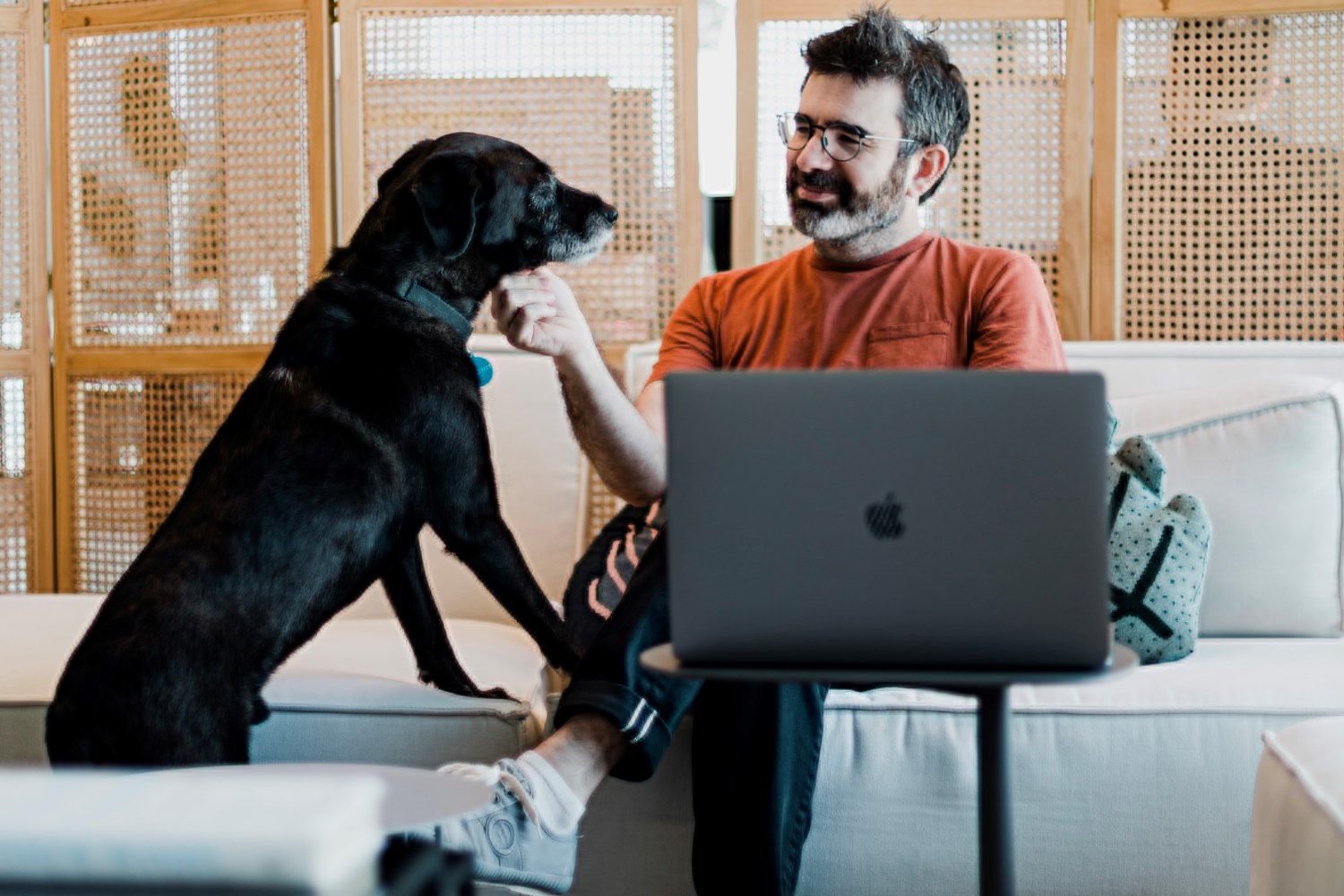
To achieve this, the company conducted extensive research into the needs and experiences of families dealing with loss, and worked closely with bereavement experts to ensure that their product was informed by the latest research and best practices in the field. The team also placed a strong emphasis on user testing, seeking feedback from families at every stage of development to ensure that the app was meeting their needs and addressing their concerns.
In the interview with Forbes, Ron Gura stated, “We spent almost a year before we wrote a single line of code, doing research, doing user interviews, doing focus groups. We talked to hundreds of people, including families, funeral directors, hospices, religious leaders. And we learned a lot about what the needs are and what the challenges are in this space.”
He also added, “We tested a lot. We started with paper prototypes and tested them with families, and then we built prototypes and tested them with families, and then we launched a beta version and tested it with families. We got feedback at every stage, and we made changes based on the feedback we received.”
Additionally, Empathy’s website features a page dedicated to the company’s design and research process, which includes a section on “Testing with Real People.” The page describes how the team conducted user testing with families to ensure that the app was easy to use and met their needs.
Regarding partnerships, Empathy has partnered with a range of organizations, including Hospice of Santa Barbara, a nonprofit organization that provides care and support for those facing life-threatening illnesses or the loss of a loved one. The partnership was announced in a press release by Hospice of Santa Barbara, which stated that the collaboration with Empathy will allow the organization to offer additional support and resources to its clients.
Empathy has also partnered with funeral homes, such as the Jewish Funeral Home in Portland, Oregon, as well as nonprofits and advocacy groups, including the National Funeral Directors Association and the Funeral Consumers Alliance.
Innovative Use of Technology to Support End-of-Life Planning and Bereavement
Empathy uses “journey maps” to visualize the user experience and identify pain points and opportunities for improvement. Journey maps are a visual representation of the user’s experience from the beginning to the end of their interaction with a product or service. At Empathy, the team creates journey maps based on the insights gathered through user research and testing.
For example, a journey map for the Empathy app may begin with a user who has just lost a loved one. The map would outline the user’s journey as they navigate the various stages of grief and the challenges that arise during the estate settlement process. The map would include touchpoints with the Empathy app, such as creating a memorial page for the loved one, navigating the legal and financial aspects of estate settlement, and accessing support from a care manager.
By visualizing the user’s journey in this way, Empathy can identify pain points and opportunities for improvement in the user experience. The journey maps help the team to understand the user’s needs and identify areas where the app can provide the most value. For example, if the map reveals that users are struggling with a particular aspect of the estate settlement process, Empathy can work to improve that feature or provide additional resources to support users in that area.
More remarkably, Empathy has secured significant funding to support its mission of creating human-centered digital products that make a positive impact on people’s lives. The company has raised a total of $43M in funding over two rounds, with its latest funding round being a Series A round that raised $30M on September 30, 2021. The funding round was led by venture capital firm Entrée Capital, with participation from other notable investors such as Two Sigma Ventures and Tusk Venture Partners.
In an interview with TechCrunch, Empathy co-founder Ron Gura discussed the company’s recent Series A funding round and how it plans to use the funding. Gura stated, “We’re going to expand our offerings and improve the user experience. We’re also going to expand our support infrastructure and build out our team.”.
He also explained that the funding will help Empathy to expand into new markets and reach more families in need of their services. Gura stated: “We’re looking to expand beyond the U.S. and reach more families in need. We want to create a global platform that can help anyone dealing with loss.”.

Additionally, Gura discussed how the COVID-19 pandemic has increased the need for Empathy’s services, stating, “COVID has brought a lot of attention to the end-of-life space, and we’re seeing more demand for our services than ever before. We want to be there for families during this difficult time, and we’re committed to continuing to improve our platform and expand our reach.”.
Ron Gura also expressed his excitement about the investment and what it means for the company’s mission. He stated: “We are thrilled to partner with investors who share our vision of using technology to support families during one of life’s most difficult moments”.
Gura also mentioned that the investment is a sign of the growing recognition and importance of using technology to support people through challenging times. He stated: “Software is finally being leveraged to make a significant difference for families struggling with loss. It’s a sign of the times and a welcome development for all those who believe that technology can be a force for good in the world.”
Bottom Lines
“As humans, we forgot how to grieve. We are not giving it enough space in modern society,” said Gura. “Employers should do a better job in understanding people coming back from bereavement leave. Friends should not make you feel all the time that you should be over it, as if grief has a timeline. It doesn’t have a timeline. Sometimes it is a month, sometimes a year, sometimes forever”.
As more and more individuals turn to technology to manage their affairs and support their mental health, there is a significant opportunity for Empathy to become a leader in the end-of-life planning and bereavement support space.
With significant funding and a dedicated team of founders and employees, Empathy is poised to make a meaningful difference in the lives of millions of people around the world.

